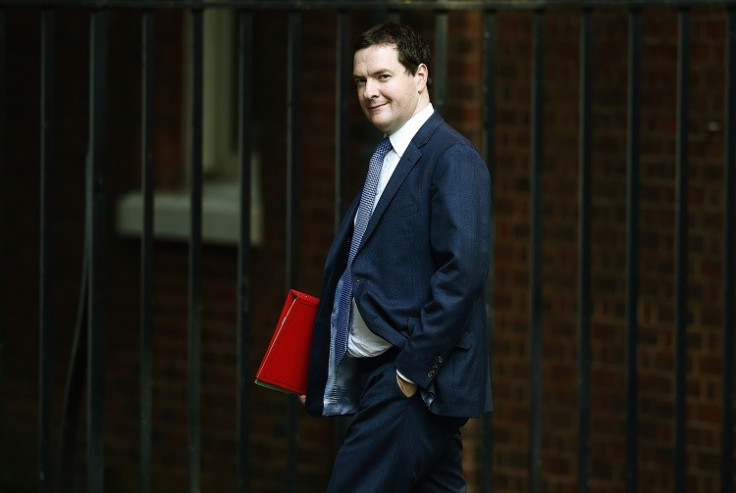UK Unemployment Rate Drops as Economic Recovery Begins

UK unemployment has fallen to a rate of 7.7% for the first time since late 2012, according to official figures, as the economy embarks on a recovery from its post-financial crisis slump.
The Office for National Statistics (ONS) revealed that the unemployment rate dropped slightly in the three months to July from 7.8%. It was down by 0.4% from July 2012.
There were 2.49 million unemployed people during the period, a decrease of 24,000 from February to April 2013 and down 105,000 from July 2012.
There were 8.96 million economically inactive people aged from 16 to 64, according to the organisation, down 33,000 from February to April 2013 and down 52,000 from July 2012.
The research also revealed that the employment rate now stands at 71.6% in July 2013.
The news follows a promising economic forecast by the National Institute of Economic and Social Research (NIESR), which said that the UK economy grew by 0.9% in the three months to the end of August, up from the second quarter's official reading of 0.7%.
However, total pay rose by 1.1% compared with May to July 2012 and regular pay rose by 1% over the same period. This is still well short of price inflation as the squeeze on wages continues, despite signs that the economy is picking up.
In a City of London speech, Chancellor George Osborne said the UK economy is finally showing "tentative signs of a balanced, broad-based and sustainable recovery".
John Salt, Website Director for totaljobs.com, said: "These figures suggest that the UK's recovery is gathering pace on the back of good growth in the manufacturing, construction and service sectors.
This news is a huge fillip for jobseekers and a signal to cautious employers to open the door and harness the energy of new recruits."
He added: "The government and businesses must strike now, while the iron's hot, and create fresh opportunities to ensure that recent graduates and school leavers aren't left out in the cold this winter."
Mark Beatson, Chief Economist of the Chartered Institute of Personnel and Development (CIPD), said: "With regular pay increases at 1%, well below inflation, employers do not feel they need to raise general pay levels to recruit and retain workers. Hence there will be few immediate concerns about labour demand increasing inflation.
"However, for this situation to continue, those unemployed and outside the labour market need to be able to compete effectively for the jobs available, especially young people and the long-term unemployed."
© Copyright IBTimes 2024. All rights reserved.






